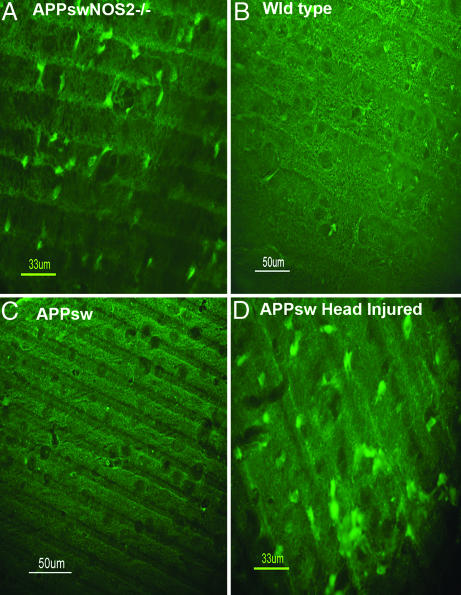- Agriculture
- Antibiotic/anti-viral
- Biologics
- Biomarkers
-
By Clinical Application
- Anesthesiology
- Blood & Lymphatic Disease
- CNS & Neurosciences x
- Dermatology
- Diabetes, Metabolism, Endocrinology & Obesity
- Ear, Nose, & Throat
- Emergency Services
- Gastroenterology & Digestive Disease
- General & Plastic Surgery
- Health Education, Medical Training and Operations
- Heart and Vascular
- Immunology, Autoimmune & Inflammation
- Infectious Diseases
- Mental Health
- Multiple clinical applications
- Musculoskeletal Disorders, Orthopedics/Bone
- Nephrology/Renal
- Oncology
- Ophthalmology
- Orphan Diseases
- Pediatrics
- Physical Medicine & Rehabilitation
- Radiology
- Regenerative Medicine / Tissue Engineering
- Reproductive Health: Obstetrics & Gynecology
- Respiratory & Pulmonary
- Surgery
- Transplantation
- Urology
- Wound Healing
- COVID-19
- Creative Works
- Diagnostics
- Drug Delivery
- Drug screening and discovery
- Energy, Cleantech & Environmental
- Engineering & Physical Sciences
- Gene therapy
- Imaging
- Materials
- Medical Devices
- Nutraceuticals
- Other
- Research & Design Tools
- RNAi/siRNA
- Sensors & Controls
- Small molecules
- Software & Information Technology
- Stem Cells
- Vaccines
- Veterinary Medicine
Olfactory neuroblastoma mouse model
Unmet Need Olfactory neuroblasoma (ONB) is an agressive tumor that is thought to arise in basal stem cells in the adult olfactory epithelium. This rare cancer affects 1 in 2.5 million people each year with…
Mouse model of Alzheimer’s disease
Unmet Need Alzheimer’s disease is a neurodegenerative disease marked by loss of cognitive function. There is currently no cure for Alzheimer’s disease. In fact, the limited therapies available only alleviate symptoms for a short time…
Mouse model of cholinergic dysfunction to evaluate cognitive enhancers for Alzheimer’s disease treatment
Value Proposition Defects in acetylcholine transmission have been associated with several major neurodegenerative disorders including Alzheimer’s disease, dementia, cerebral palsy, Parkinson’s disease, Huntington’s disease and myasthenia gravis. Although cholinergic dysfunction has been implicated in these…
Shank3 knockout mice as a model for autism
The Shank3B- knockout allele has a neo cassette replacing the PDZ domain (exons 13-16) of the Shank3 gene, resulting altered expression of the Shank3b isoform. These mice may be useful for studying behavioral abnormalities associated…

